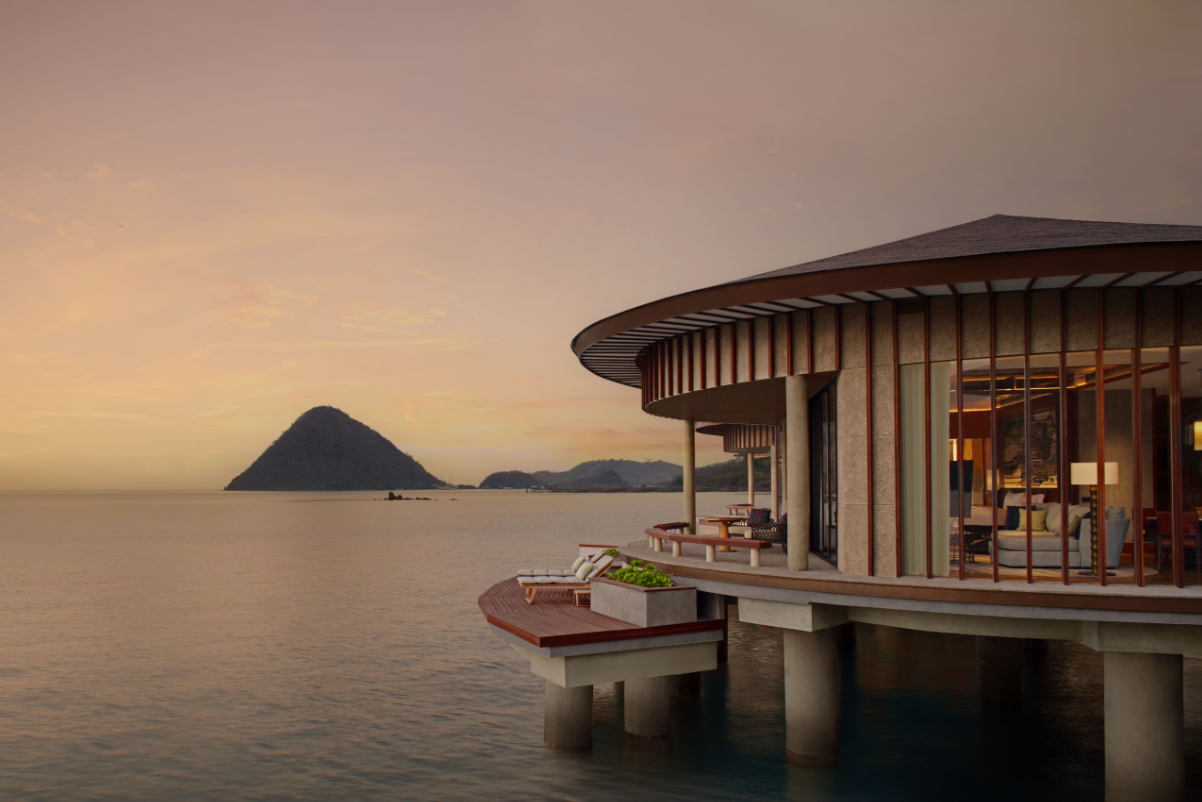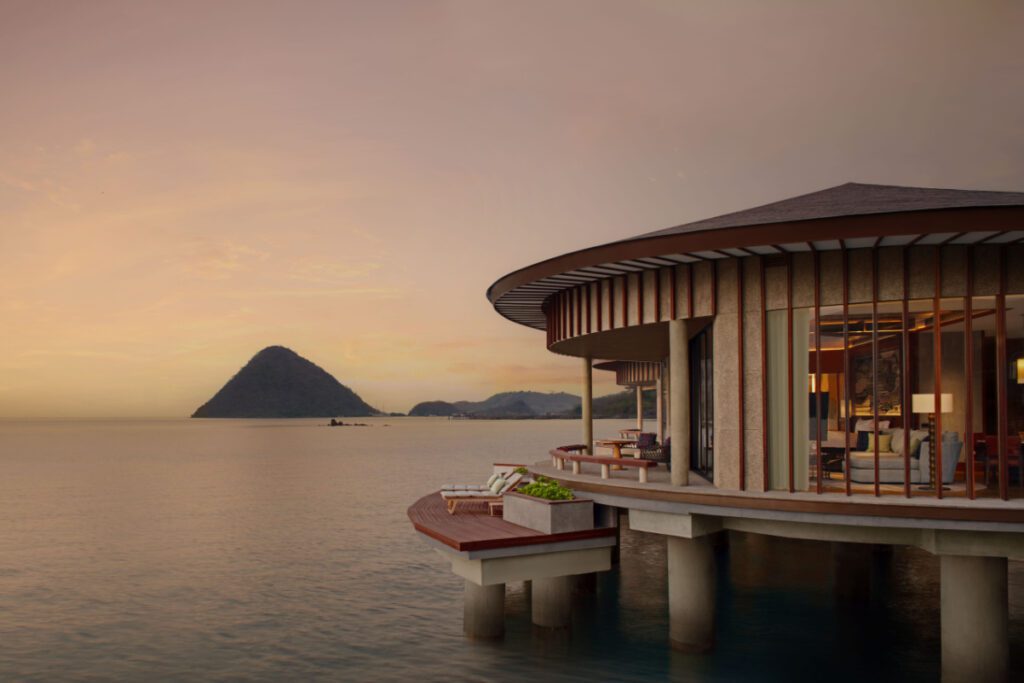
[ad_1]

Skift Take
We’ll ask top industry players to spill the beans on where they expect growth to come from for hotel companies, whether the U.S. has a solid gameplan for hosting several international sports events, and other burning questions.
Sean O’Neill
Where will future hotel development growth come from? How are hotels using technology to sell more than just rooms? Do U.S. officials and travel marketers have good gameplans for hosting the 2026 FIFA World Cup, the Summer Olympics in 2028, the Cricket World Cup, and other major sporting events to come?
These and other subjects will be top of our minds as we hear from leaders at Marriott, Wyndham, MGM Resorts at the Skift Global Forum in New York on September 17 to 19.
1. Travel’s Great Renewal (or Reckoning)
The theme of Skift Global Forum 2024 is “Travel’s Great Renewal (or Reckoning).” We’re interested in knowing what is normalizing back to 2019 levels and whether anything has changed for good.
Perhaps people continue to value travel more post-pandemic than they did before. Maybe there are tangible signs that consumers are protecting vacation spending in their discretionary budgets, preferring to cut other types of spending first.
Similarly, corporate travel remains down about 18% from 2019 levels when you adjust for inflation. Do booking patterns on weeknights suggest that “blended trips” — where vacation time is added onto business — still happen at elevated levels?
We’ll likely ask Marriott president and CEO Anthony Capuano some versions of those questions.
2. What Are the Pillars of Future Hotel Growth?
Hotel groups have many possible sources of growth, but which ones are they prioritizing? We’ll ask Wyndham president and CEO Geoff Ballotti what he anticipates for his company, the world’s largest franchisor, and for the industry broadly.
Wyndham has a deep presence in economy and midscale hotels as measured by room count. But its 25 brands span the full range, including upper-upscale brands like Wyndham Grand and Dolce.
Rivals Marriott, Hilton, and Hyatt doubled down on extended-stay as a category in the past couple of years with new brands. Will the extended-stay category continue to be a hot segment, and what tailwinds drive that interest?
Lifestyle and boutique hotels generate a lot of buzz, such as with Hilton buying Graduate Hotels and Hyatt buying Standard International.
Luxury and ultra-luxury are also key topics. We’ll ask Capuano about Marriott’s plans to expand in this space and how new products like The Ritz Carlton Yacht Collection are performing.
But betting on the middle class is also popular. Marriott has recently added midscale brands like StudioRes, Four Points Express by Sheraton, City Express by Marriott in Latin America, and its as yet unnamed brand Project Mid-T. Hilton has added two midscale brands, as did IHG. Hyatt is also moving downscale. What’s driving this dynamic?
Geographically, where’s the growth? Marriott placed at least one recent bet on Latin America with its City Express acquisition. It is competing with IHG, Hilton, and Accor to expand in China and India. Japan has become incredibly popular with international tourists, while Saudi Arabia and the UAE are treating tourism like it’s the new oil.
3. Is the U.S. Ready to Host Major Sports Events?
Sports tourism has become a growth driver for the travel industry. However, U.S. restrictions and delays in issuing visas in some countries have held back the full potential of international visitation to the U.S., which will be playing host. We’ll ask MGM Resorts president and CEO Bill Hornbuckle whether he thinks the U.S. is prepared.
Are visa wait times dropping? Are passports being issued more quickly? Are steps being taken for more sports diplomacy? We’ll ask U.S. Deputy Secretary of State Richard Verma.
Similarly, are hotels doing enough to tap into rising interest in experiences? We’ll hear about a study that was done in a partnership between McKinsey & Company and Skift Research. Activities, sports events, music concerts, and other experiences are moving higher in the travel decision-making funnel and influencing which destinations travelers are going to.
How are hotel loyalty programs adapting to move beyond points rewards to tap into people’s interests and desire for experiential moments? We’ll ask Capuano and Hornbuckle.
4. Transparency as an Operating Principle
Many travelers decide whether a company or destination is worth investing their money and time in based on how it treats guests, especially repeat ones.
Which companies and destinations have transparency as an operating principle? And what are the best ways of being transparent?
We’re interested in how they handle claims about engaging with local communities, commitments to cut carbon emissions, treatment of employees, and inclusivity.
Transparency is the model of Fogo Island Inn, a luxury property in Canada. We’ll hear from founder Zita Cobb about why she created Shorefast.org, a nonprofit with a vision to instigate “prosperous economies that serve people, nature, and culture in local places.”
[ad_2]